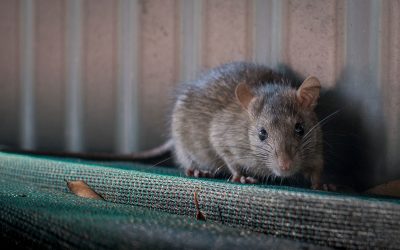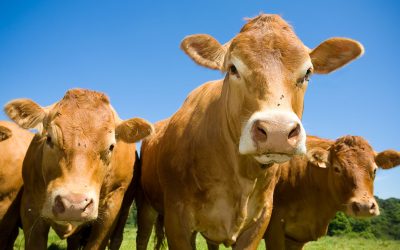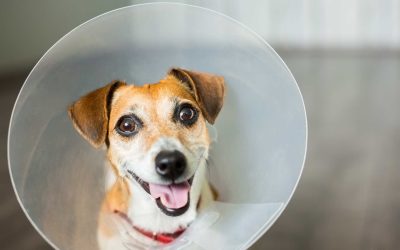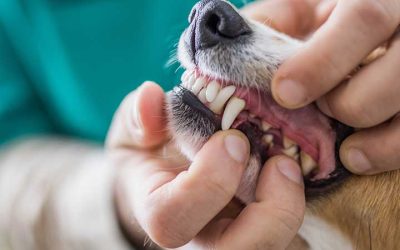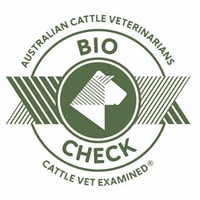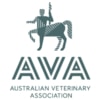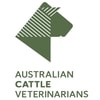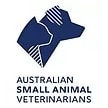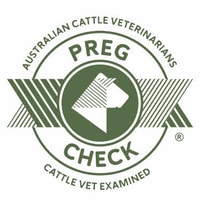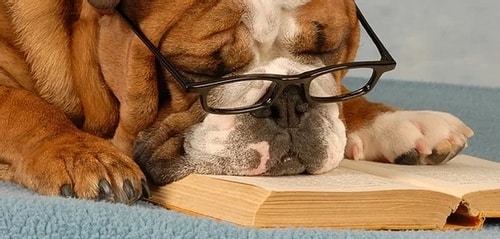
Considering pet insurance for your pet? We cannot recommend it enough but there are a few things to look out for.
Why Get Pet Insurance?
Owning a pet is expensive and can be made even more so if your pet is sick or injured and needs veterinary care. Pet insurance can help defray the unexpected costs incurred in veterinary treatment over the lifetime of your pet.
There are a wide range of insurers and insurance products now available, from either pet specific or other insurance companies you may already deal with. It would be wise to consider a few products before making a decision, or even asking if your current insurer/insurances cover pets. Most companies will provide a quote on-line. As always check what is and isn’t covered before you takeout insurance, for example in the Pittsworth district you would want to consider whether the policy covers snake bite.
There are generally three types of policies:
- Accident only – Covers when your pet is involved in an accident (premiums generally $10- 25 per month)
- Accident and illness – Covers accidents as well as illnesses (premiums generally $30-55 per month)
- Accident and illness plus routine and preventative care – Routine treatments as well as vet costs for accidents and illnesses (premiums $50-60 plus per month).
Things to look out for when comparing policies:
- Many policies require you to pay an excess when you make a claim.
- Also most policies only do not cover 100% of costs on a claim.
- Do they offer a multi-pet discount?
Insurance is sometimes not available for certain breeds or the premium may be higher to cover the potential health risks of that breed. Annual insurance premiums will be affected by the age of your pet.
What policies do not cover:
Policies generally do not cover all conditions ie Pet insurance exclusions (listed in the PDS) usually include:
- Illness or injury from pre-existing conditions (including conditions before the policy was purchased)
- Bilateral conditions (pre-existing conditions affecting a body part where the pet has more than one, such as an eye or ear)
- Vet costs for elective treatments (like orthodontics or de-sexing) or routine care (unless specific additional cover is purchased for this)
- Treatment of illnesses during the waiting period
- Treatment for diseases for which there is a known vaccine (such as kennel cough). (Some policies may pay if your pet has had the vaccine, but others may not.)
The Benefits
Pet insurance is a great way to make sure your pet is covered in the event of illness or accident, but make sure you know what is involved and all the costs before you take out cover. Pittsworth Veterinary Surgery does not receive any financial reward from insurance companies. If you do insure your pet – we only benefit when we can provide the appropriate care knowing that the costs are insured.
We have some brochures from Insurers in the waiting room or search online to find out more.
RELATED ARTICLES
Rat Bait Toxicity
Take care when choosing rodenticides this winter as it could mean the difference between life or death of your pet. Not all baits are equal in their toxicity and you should always refer to the ingredients listed on the product. There are three key types of Rat Bait:...
Calving – When to intervene
The most common reason for calf losses in the cattle industry are calving difficulties, known as dystocia. In order to recognise dystocia promptly, an understanding of the normal calving process is necessary. The more difficult the calving; the greater the risk of...
Discount desexing
This Winter we are offering our annual 20% off de-sexing’s for both dogs & cats from 1st June to 31st July. If it's something you have been putting off then wait no longer! ADVANTAGES OF DESEXING Reduction in vet bills by reducing the following health conditions;...
The Importance of Dental Care for Your Pet
Did you know that 80% of dogs and 70% of cats over three years of age have some form of dental disease? Dental disease can not only be painful and uncomfortable for pets, but the procedure to clean and remove teeth becomes more complicated and often more costly to...
RELATED
ARTICLES
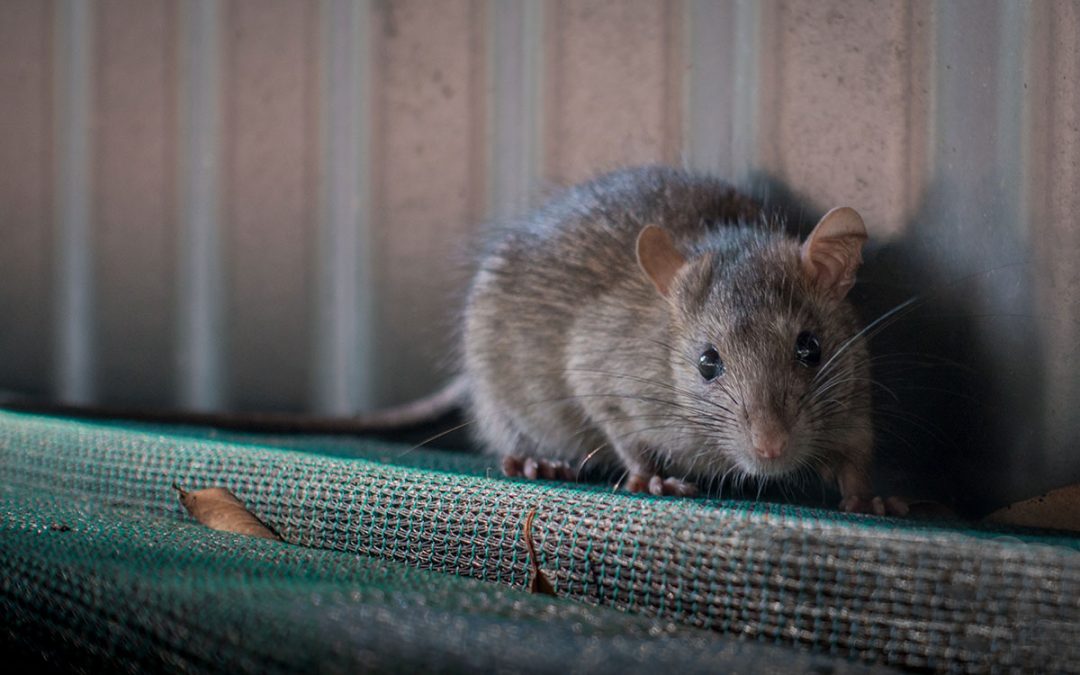
Rat Bait Toxicity
Take care when choosing rodenticides this winter as it could mean the difference between life or death of your pet. Not all baits are equal in their toxicity and you should always refer to the ingredients listed on the product. There are three key types of Rat Bait:...
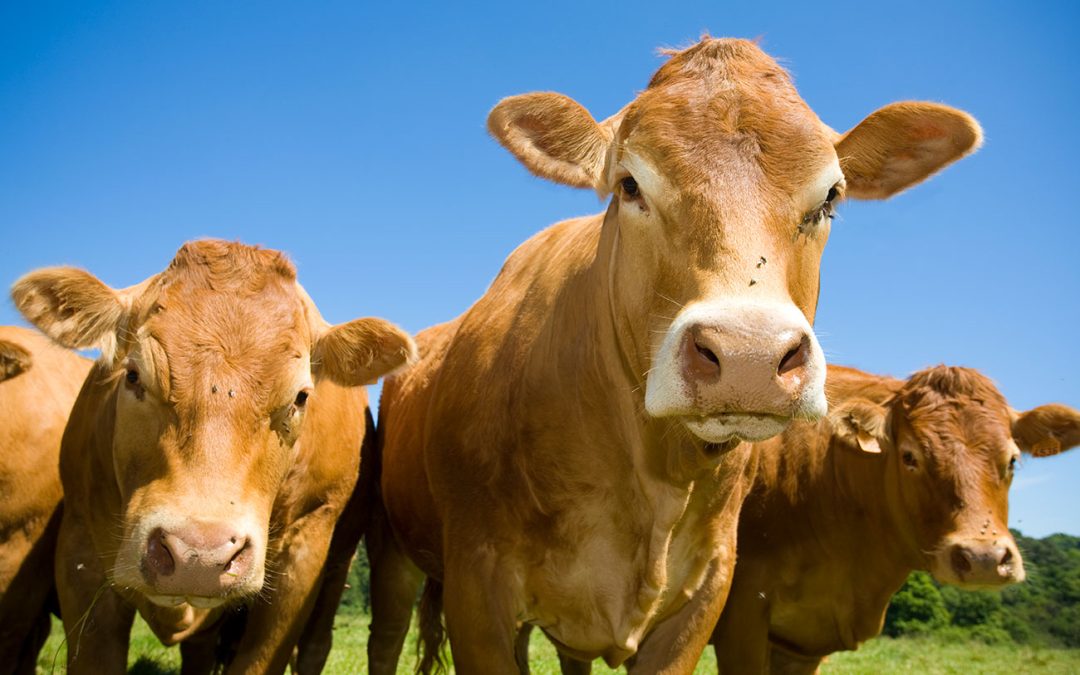
Calving – When to intervene
The most common reason for calf losses in the cattle industry are calving difficulties, known as dystocia. In order to recognise dystocia promptly, an understanding of the normal calving process is necessary. The more difficult the calving; the greater the risk of...
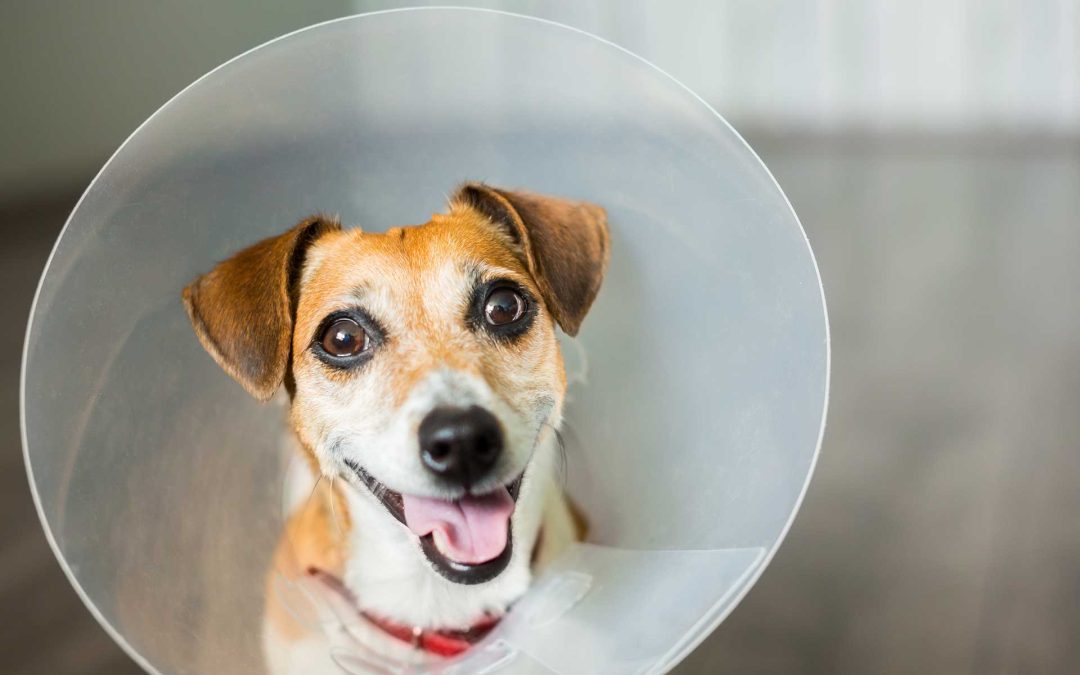
Discount desexing
This Winter we are offering our annual 20% off de-sexing’s for both dogs & cats from 1st June to 31st July. If it's something you have been putting off then wait no longer! ADVANTAGES OF DESEXING Reduction in vet bills by reducing the following health conditions;...
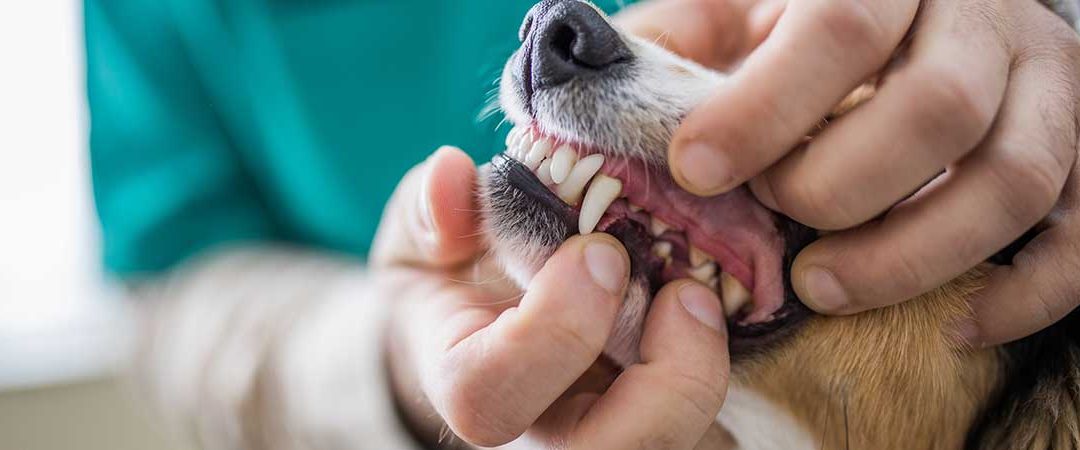
The Importance of Dental Care for Your Pet
Did you know that 80% of dogs and 70% of cats over three years of age have some form of dental disease? Dental disease can not only be painful and uncomfortable for pets, but the procedure to clean and remove teeth becomes more complicated and often more costly to...
Call Us Today To Discuss Your Animal Needs
Business Hours Phone: 07 4693 2233




